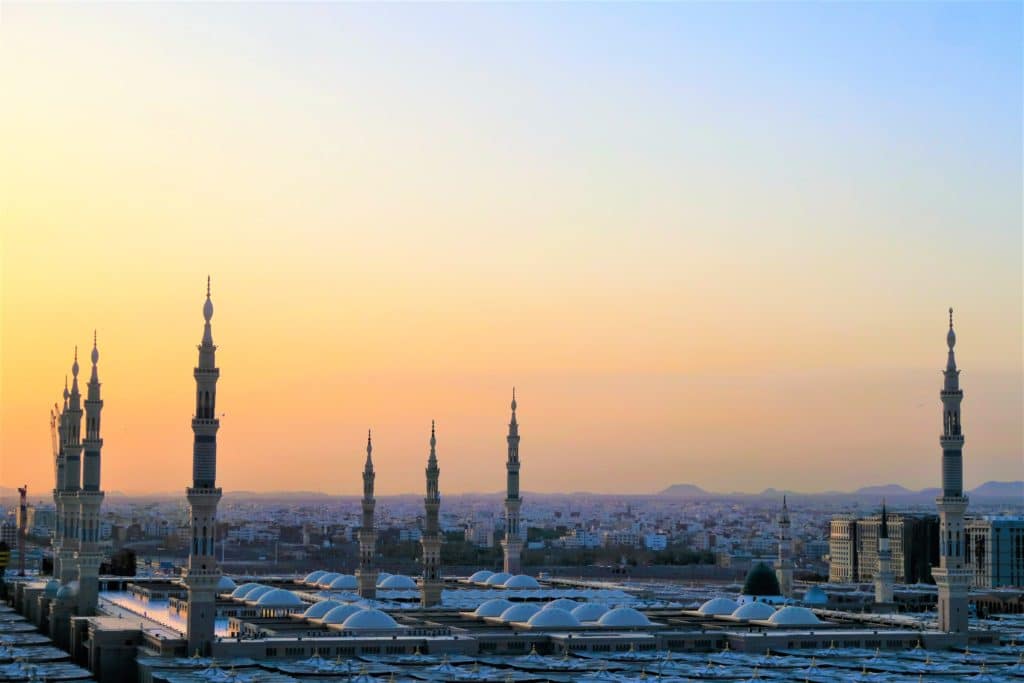Relocation guide to Saudi Arabia

Saudi Arabia is a beautiful country with a rich history and culture. As one of the wealthiest nations in the world, it’s also among the most diverse in terms of people, beliefs and lifestyles. While Saudi Arabia is mostly known for its oil reserves and religious conservatism, there are many other aspects that make it one of the best places to live in the world.
Also, as the Saudi economy diversifies and seeks to replace oil as its primary source of revenue, there is an increasing need for a skilled workforce. This guide will show you how to prepare for relocating to Saudi Arabia, what you can expect when you get there.

Living in Saudi Arabia
If you’re relocating to Saudi Arabia, you may be wondering where exactly you should live. The country offers a wide range of accommodation options, including gated communities and compounds. Gated communities and compounds are the most popular choice among expats because they offer everything from swimming pools to tennis courts and restaurants. These properties are well-maintained European suburbs that come both furnished or unfurnished and range from 3 to 5 star standard.
A factor that has become a norm in the Gulf Cooperation Council (GCC) region is owning or renting out a car since the price of fuel is rational and public transport tends to have limited access. In Saudi Arabia, you can use your driver’s license from the United States, United Kingdom, or any other country for three months. If you need to keep driving after that time period, you can convert it to a Saudi Arabia driver’s license. If you’re a GCC national, you can also use your valid driving license in Saudi Arabia without conversion.

Allowances and benefits
One of the best parts of the job is that you have the opportunity to live in a new city and explore new cultures. But moving anywhere away from your hometown can be difficult, so Saudi tries to make the transition easier by providing incentives that include:
- Visa: Visas are provided by the employer and could extend to the employee’s family, depending on company policy.
- Medical insurance: Medical insurance is available for all employees and can be extended to family members, depending on company policy.
- Return flight: A minimum one return flight to an employee’s home country is provided by the employer; some employers include more than one return flight, as well as cover family members.
- Education allowance: Education allowance for children is not mandatory but is often provided by employers either by covering an agreed number of children, or by providing a set allowance per child.
- Bonuses: Bonuses are discretionary, based on company and individual performance and agreed on an individual basis

Dress code and etiquette
Saudi Arabia is a culturally conservative country, so it’s important to consider cultural norms when dressing for the trip. Saudi nationals tend to wear national dress which is the thawb for men and abaya for women, but there is no expectation that expats or tourists wear this. However, modest or conservative clothing covering the shoulders and knees is required for both men and women. Remember that it gets very hot in Saudi Arabia, so lighter, breathable fabrics are recommended. Children do not have a dress code.
Regarding etiquette:
- Handshakes: Handshakes with men are fine but only shake hands with a woman if she extends her hand first. Otherwise, a hand on your heart as a greeting is the most appropriate way to greet others in Saudi Arabia.
- Opening hours of shops: Shops and other commercial establishments might be closed on Fridays or may open later in the day due to Friday prayers
- Ramadan: It is mandatory to avoid consuming food or drink in public during the holy month of Ramadan, when Muslims are fasting.
- Public displays of affection: It is important to avoid displaying affection in public, as this can be considered inappropriate behaviour.
- No alcohol: Alcohol is strictly prohibited throughout the country.
If you’re interested to find out more about relocating to the Middle East, Africa, or to find out more about the available sales and marketing roles in the regions, please feel free to get in touch with any of our Carter Murray consultants.



